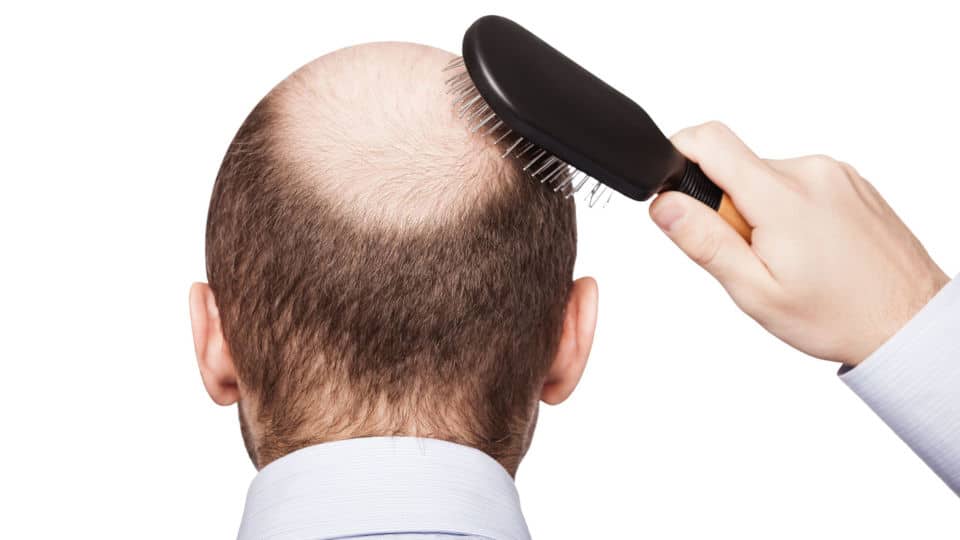Lupus Treatment Thins Skin

Lupus, or systemic lupus erythematosus (SLE), is a chronic inflammatory disease which can potentially affect any organ system in the body.
Fever, joint pain, rash, hair loss and mouth ulcers are some of the common symptoms of lupus.
One’s kidneys, lungs, blood and nervous systems can also be affected, which lead to a more severe form of the disease.
Management of SLE depends on the severity of the disease, as well as the organs affected.
Milder forms are treated with anti-inflammatory drugs, such as non-steroidal anti-inflammatory drugs (Nsaids) or steroids.
More severe manifestations are often treated with a prolonged course of steroid medication and immuno-suppression medicine to reduce the strength of the body’s immune system. Lifestyle adjustments, such as avoiding sun exposure, is often advised.
Assuming you do have infection behind the ears and between the fingers, it would most likely be a fungal infection.
The affected skin usually form sores and feels itchy. The skin can be red and moist with peeling skin.
Of course, SLE and its treatment of immuno-suppression predisposes one to getting a fungal infection.
However, there are many other predisposing factors too – for instance, a job that frequently requires one to get one’s hands wet.
On the other hand, it is relatively uncommon that an infection behind the ears is due to a fungal source.
If the infection affects the ear lobes, then it may be cellulitis, a soft tissue infection of the skin.
Other possibilities of an “infection” behind the ears include seborrheic dermatitis, psoriasis or eczema.
Seborrheic dermatitis is a skin disease that causes a red, scaling rash, while psoriasis is a chronic skin condition where skin cells grow too quickly, resulting in thick, white, silvery or red patches of skin. Eczema, on the other hand, involves inflammation of the skin.
Lupus patients who are on steroid treatment have thin skin and this can predispose them to skin issues. It is useful to moisturise, clean the affected area with mild soap and limit over-exposure to detergents or strong soaps.
Ultimately, it is better to consult a doctor to confirm the diagnosis as the treatment depends on it. For fungal infections, topical and oral medicines are effective.
If you are on strong immuno-suppression medication, be aware and look out for other fungal infections in the mouth (oral thrush), urinary tract or genital areas.



